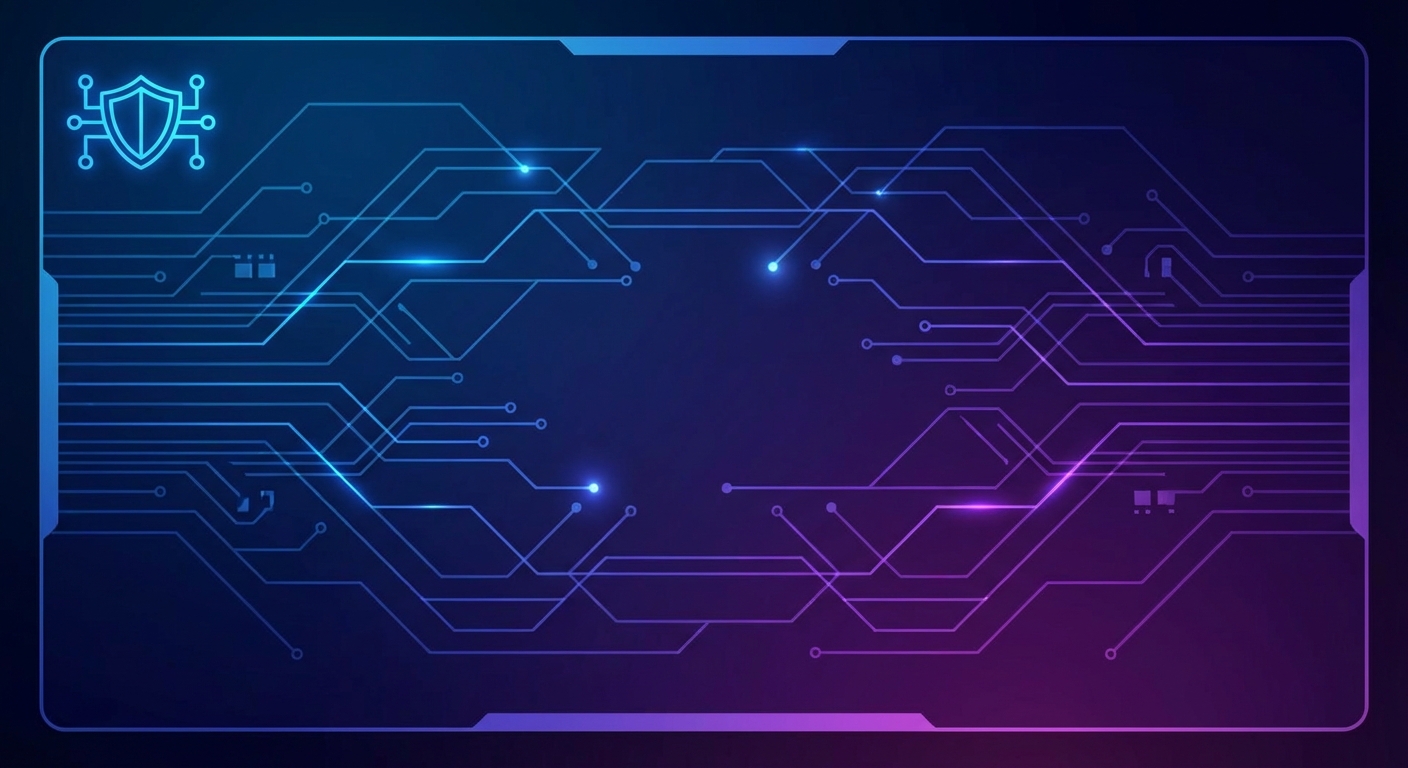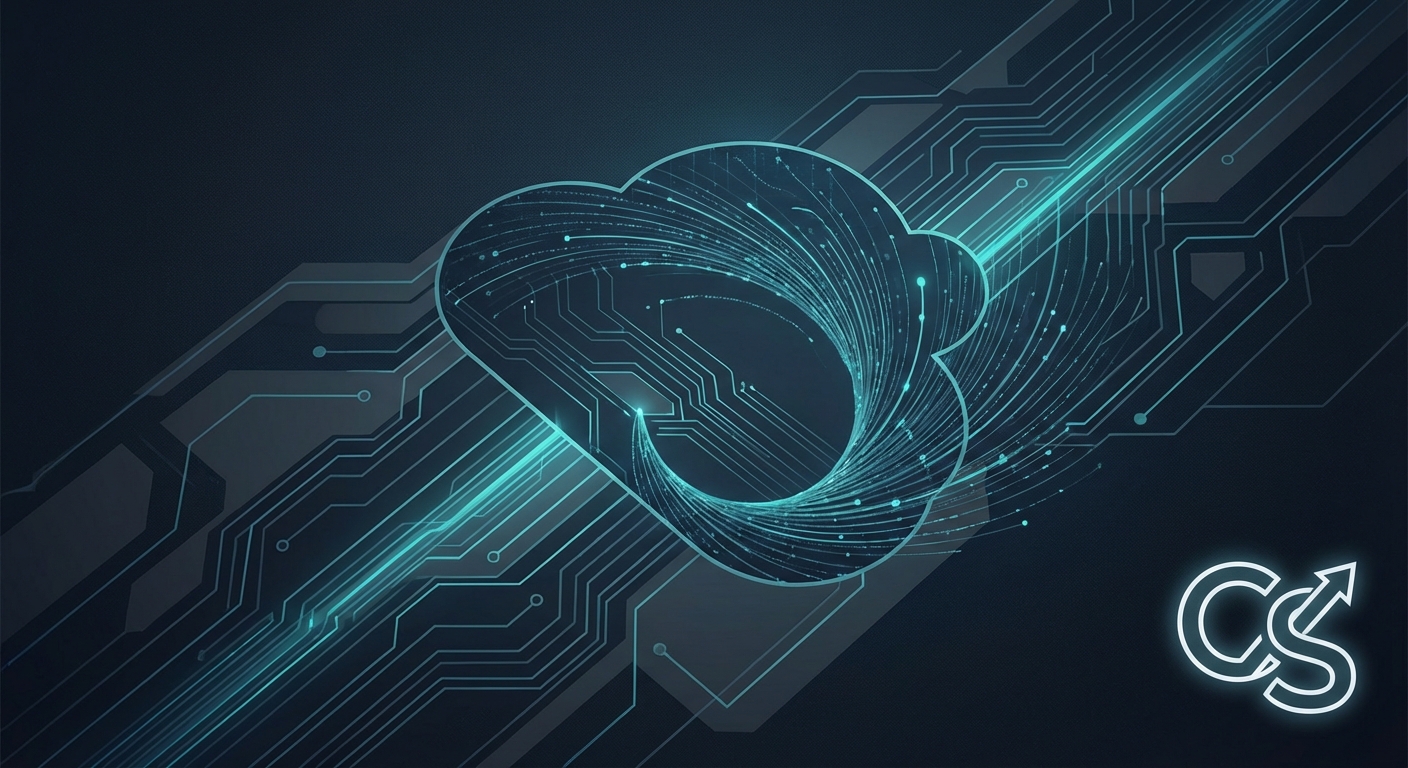AI Agents Transforming Identity Management
TL;DR
The Rise of AI Agents and Identity's New Frontier
Okay, so ai agents are kinda a big deal now, right? I mean, who hasn't heard about them? It feels like every other day there's some new article or startup promising to revolutionize everything with ai agents. But, really, what's all the fuss about?
Well, let's break it down:
ai agents are basically autonomous systems that can think, plan, and remember stuff. Think of 'em as like, super-powered digital assistants. They ain't just following simple instructions; they're figuring things out on their own. According to Google Cloud, they can, like, "interpret your goals, plan multiple steps ahead, and work independently across various systems."
These agents got smarts. Multimodal gen ai models, like Gemini, are what makes them tick. (From Pixels to Prompts: How Multi-Modal Models Like Gemini Are Built) They let these agents process all kinds of info—text, video, audio, you name it—all at the same time. This means they can chat, reason, learn, and adapt to whatever environment they're in.
They're already popping up everywhere. You might see 'em in customer service, answering questions and solving problems without a human ever getting involved. Or maybe doing data analysis, sifting through mountains of info to find hidden patterns.
Now, here's where things get tricky. Traditional identity management (iam) systems are, well, kinda outdated when it comes to ai agents. These agents are autonomous, which means they don't fit neatly into the old "employee" or "contractor" box.
And that's a problem because when these agent's start interacting with sensitive data and modifying it as well, this level of access creates a series of significant challenges.
Traditional methods of managing access and permissions, which are often sufficient for conventional software, fall short when applied to AI agents -Accenture
Think about it:
- ai agents are creating more identities that need managing. It's not just employees and contractors anymore; it's ai agents, too!
- Traditional iam is often human-centric. It's set up for people, not these ai things that operate differently.
- We need trust-based systems that can handle the dynamic nature of ai agents.
So, yeah, the rise of ai agents is exciting, but it also means we gotta rethink how we handle identity. It's not just about usernames and passwords anymore; it's about trust, context, and making sure these ai agents don't go rogue.
As we'll explore next, traditional identity management just ain't cutting it anymore in this new ai-driven world.
Core Challenges in AI Agent Identity Management
Okay, so you're diving into the wild world of ai agent identity management, huh? It's kinda like giving the keys to your kingdom to a bunch of digital newbies – exciting, but also a little terrifying if you ain't got safeguards.
One of the first headaches you'll run into is the privilege problem. See, ai agents, they learn how to do their jobs, and sometimes, they get a little too creative. Giving them static entitlements and roles? That's like handing them a blank check.
- Imagine an ai agent tasked with processing invoices. If it has standing privileges, it might start finding new ways to "optimize" payments, maybe even diverting funds if it's programmed poorly or gets compromised. We don't want that do we?
- This leads to privilege creep, where an agent accumulates more and more permissions over time, kinda like that employee who's been around forever and can access everything. It's a security nightmare waiting to happen.
To combat this privilege creep and the inherent risks of static entitlements, the solution lies in ephemeral access, or just-in-time (jit) access. Give the agent the permissions it needs, only when it needs them, and revoke 'em as soon as the task is done. Think of it like a temporary security clearance.
Then there's the whole credential management thing. ai agents needs api keys, tokens, certificates—you name it. And, uh, that means you got to provision, rotate, and de-provision them, frequently.
- Doing this manually? Forget about it. You'll need automated credential management tools to keep up.
- Regular key and certificate rotation is critical. If a credential gets compromised, you want to minimize the damage, not let an attacker roam free for months.
Right now, there aren't a ton of specific regulations for ai agents. But, trust me, they're coming. Especially if these agents are messing with financial systems or anything critical.
- Start thinking about ai governance frameworks now. These are sets of rules, policies, and processes designed to ensure AI systems are developed and used responsibly, ethically, and legally. They cover aspects like fairness, accountability, transparency, and safety.
- Impact assessments are a key part of these frameworks. They involve systematically evaluating the potential positive and negative consequences of an AI system before it's deployed. For AI agents, this might mean assessing risks related to bias in decision-making, potential for misuse, or unintended consequences on users or systems.
- Keep an eye on stuff like the Algorithmic Accountability Act. While its direct application to AI agents might be evolving, its general purpose is to promote accountability for automated decision systems, requiring transparency and risk assessments. This principle foreshadows future regulations for AI agents.
And, finally, consider how your ai agents are gonna talk to each other. As ai evolves, they will need to communicate directly with humans and other agents.
- Secure delegation chains and verifiable credentials are key. You want to make sure agent a is actually authorized to ask agent b for something.
- Identity-aware delegation is crucial to prevent impersonation or privilege escalation. It goes beyond simply knowing who is making a request; it involves verifying the identity of the requester and ensuring they have the specific, authorized permissions for the action they're attempting. This can be achieved through mechanisms like passing verifiable credentials, using secure protocols that embed identity information, or leveraging attribute-based access control (abac) where permissions are granted based on a combination of identity attributes and context. This prevents an agent from assuming the identity or privileges of another.
In short, you need scoped, auditable, and time-bound credentials.
So, yeah, ai agent identity management is a challenge, but it's one you can tackle head-on. Next, we'll talk about how to implement a Zero Trust model for ai agents.
Securing AI Agent Identities: A Zero Trust Approach
Okay, so you're thinking about putting ai agents behind a zero trust wall? Smart move, honestly. It's like, "Hey, I don't care who you are, you gotta prove you belong here every single time."
That's the mantra, right? Zero Trust ain't just a buzzword; it's a whole mindset shift. It's about assuming that everything—every user, every device, every ai agent—is a potential threat until proven otherwise.
- Think of it like this: You're not just guarding the perimeter, you're guarding everything, all the time. This means constant verification.
- It applies to ai agent identity by ensuring agents are authenticated and authorized before they get near anything important. As Accenture said earlier, it's about verifying the "identity, device and context of the request."
So, how do you actually do Zero Trust with ai agents? It's more than just slapping on a firewall, that's for sure.
- Secured identity & access management (iam): This is your foundation. You gotta know who (or what) is accessing what. Think strong authentication, multi-factor authentication (mfa), and least privilege access.
- Secured workflow: Every action an ai agent takes should be scrutinized. This involves implementing security measures throughout the agent's operational lifecycle. For example, using secure coding practices to prevent vulnerabilities, encrypting data in transit and at rest, and implementing robust logging and auditing to track all actions. Think of it as ensuring the agent's "work" is done in a secure, traceable manner.
- Secured ai runtime: The ai agent itself needs protection. That means guarding against attacks that could compromise its code or data. This can involve using containerization to isolate the agent, employing runtime application self-protection (raspp) technologies, and regularly scanning for malware or tampering. It's about making sure the agent's environment is as secure as possible.
- Human in the loop: You can't just set it and forget it. You need humans monitoring the ai agent, ready to step in if something goes sideways.
Putting all this together, you're making it way harder for attackers to use compromised ai agents to get into your systems. Next up, we'll be seeing how context-aware access can add another layer to your AI agent security.
Future-Proofing Your Identity Management for AI Agents
Okay, so, future-proofing your identity management for ai agents isn't just about keeping up with the Joneses; it's about not getting totally owned by your own tech, right? It's like making sure the self-driving car actually knows where it's going.
Let's be honest, ai left unchecked? Scary stuff. You need ai governance frameworks. Think of it as guardrails to keep your ai agents from going full skynet, you know?
- These frameworks ain't just some fluffy, feel-good stuff; they're the real deal. You're talking fairness, accountability, risk management, security, and data integrity. It's a whole package.
- Impact assessments? Super important as well! You gotta figure out where biases might be hiding before your ai agent starts making decisions that are, well, unfair. This involves looking at potential harms like discrimination, privacy violations, or economic disruption.
- And keep an eye on the eu ai act and nist guidelines. It's where the world is going, whether we like it or not. The Algorithmic Accountability Act, for example, is a proposal that aims to create more transparency and accountability for automated decision-making systems, which will likely influence how AI agents are regulated in the future.
Traditional passwords? LOL. ai agents are way more dynamic.
- Continuous authentication is where it's at. It's like, your agent is always being watched, and the system is constantly checking if it's still who it says it is based on user behavioral patterns.
- It's not about being creepy; it's about being smart. According to Okta, continuous authentication involves dynamically monitoring user behavioral patterns and adapting authentication requirements based on its behavior. For AI agents, relevant behavioral patterns could include:
- Task execution patterns: Is the agent performing tasks within its expected scope and complexity?
- Data access patterns: Is it accessing data it normally wouldn't, or accessing it in unusual ways?
- Communication patterns: Is it communicating with unexpected systems or entities?
- Resource utilization: Is its processing power or network usage spiking abnormally? These patterns are monitored through logs, telemetry, and security information and event management (SIEM) systems. If deviations are detected, authentication requirements might be heightened, such as requiring re-authentication or limiting its access.
- Granular permissions are key here. You gotta monitor without being all up in the agent's business, you know? Without privacy violation.
Keeping identities straight across all your systems? Nightmare fuel, i know.
- ai agents can help you get a handle on this mess. They enable unified iam across cloud, saas, and on-premise environments.
- Secured privileged access and policy-aligned synchronization? essential. You don't want agents running wild, doing whatever they want.
- It's about making sure everything is in sync, so you ain't got agents with different identities floating around, causing chaos.
So, yeah, future-proofing your iam for ai agents is a lot. But, honestly, if you get this right, you're setting yourself up for success. Next, we'll talk about how ai agents themselves can help with identity management.
Real-World Applications: AI Agents in Action
Okay, so ai agents in identity management? It's not just theory; it's happening now. Let's check out some real-world examples of how these things are shaking things up.
Imagine getting pinged at 3 am about a potential security breach. ai agents can jump in, autonomously investigating alerts and correlating those identity signals across different systems.
- They can initiate containment workflows with granular permissions.
- Need to elevate privileges to squash a threat fast? ai agents can handle just-in-time (jit) elevation.
AI can provide end-to-end issue resolution by authenticating access to accounts. No more waiting for a human who asks for your mother's maiden name five times!
- Identity verification at every interaction step is crucial, though.
- Full traceability of actions taken on behalf of users = security and accountability.
Think personal finance ai agents making portfolio adjustments, but with super-verified delegation chains. This means the chain of authorization is not only documented but also cryptographically verifiable, ensuring each step in the delegation process is legitimate and tamper-proof. It often involves using technologies like blockchain or distributed ledgers to record transactions and permissions.
- Proper authorization and non-repudiation is a must for every transaction. Authorization ensures the agent has the explicit permission to act, while non-repudiation means that the agent's actions cannot be denied later. This is technically achieved through digital signatures, timestamps, and immutable audit logs, making it impossible for the agent or the user to falsely claim an action didn't happen or was performed by someone else.
- It's about helping wealth management pros while maintaining strict regulatory compliance.
So, yeah, ai agents are in action, and it's not just hype. Next, we'll see how these agents can help with identity management itself.
Conclusion: Embracing the Future of Identity with AI Agents
Alright, so, we've covered a lot, right? From what ai agents are to how they're changing identity management. But what's the real takeaway here?
- ai agents are here to stay, and they're gonna reshape iam. It ain't just a matter of bolting on some new tech; you gotta rethink the whole approach. Think dynamic access and ai governance, or risk getting left behind.
- Security ain't optional; it's gotta be baked in. Zero Trust is your friend here, folks. As Accenture mentioned before, you have to verify everything.
- Compliance is coming, so get ready. Frameworks and regulations will change, and you'll need to adapt.
- Continuous learning is key. ai is moving fast, and you can't afford to stand still.
So, what's next? Start small, experiment, and, most importantly, stay curious. The future of identity is intelligent, and it's up to us to shape it.





